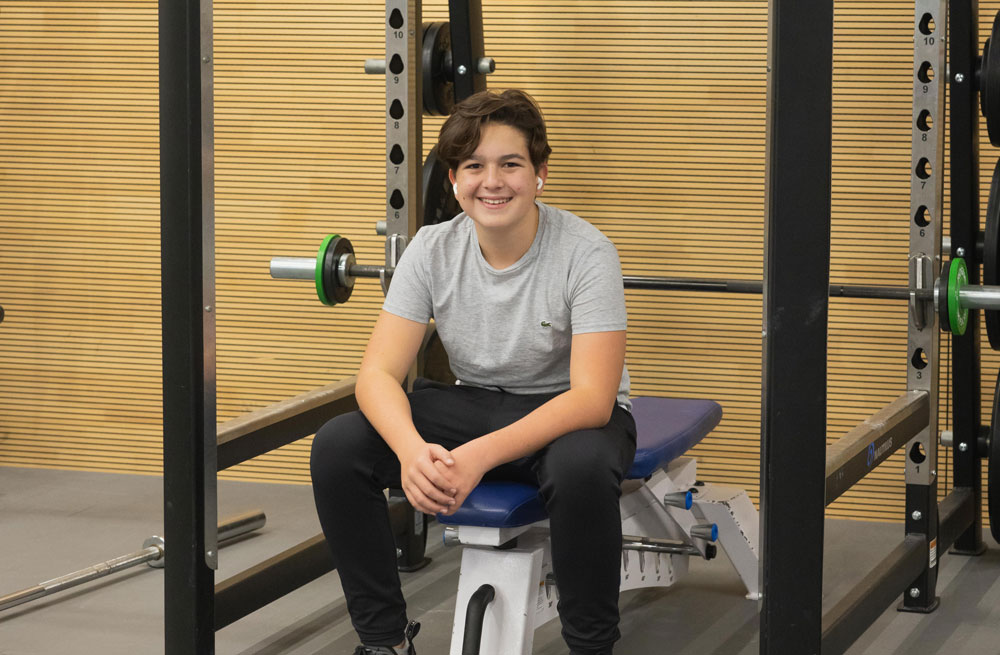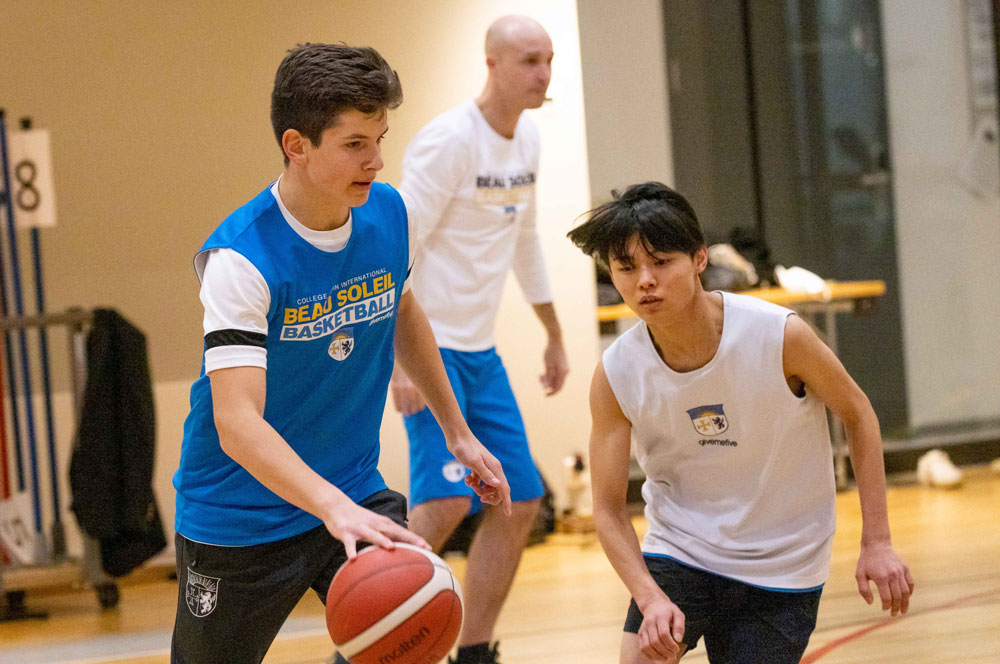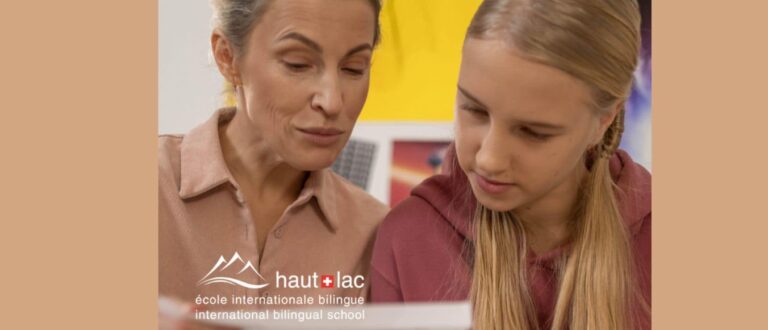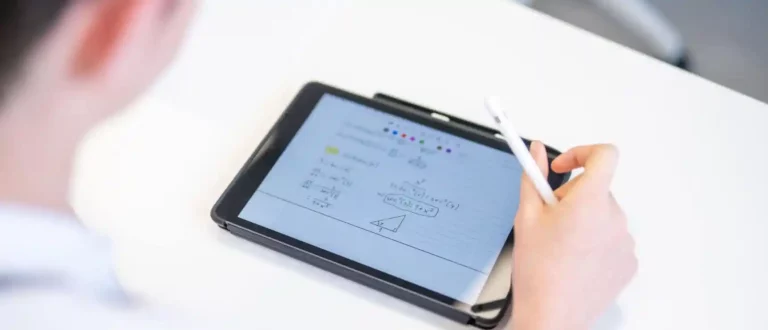How often do you say to yourself, ‘I really must do more exercise’? Fairly regularly? Well, you’re certainly not alone. Modern life can be overwhelmingly busy, and exercise is often the first thing to be dropped from, or the last thing to be added to, our busy schedules.
The disruptions caused by the pandemic meant a lot of people – including both adults and children – were exercising far less as sports facilities closed, activities were cancelled and there were even restrictions on going outdoors. And for young people especially, it disrupted routines and habits related to exercise.
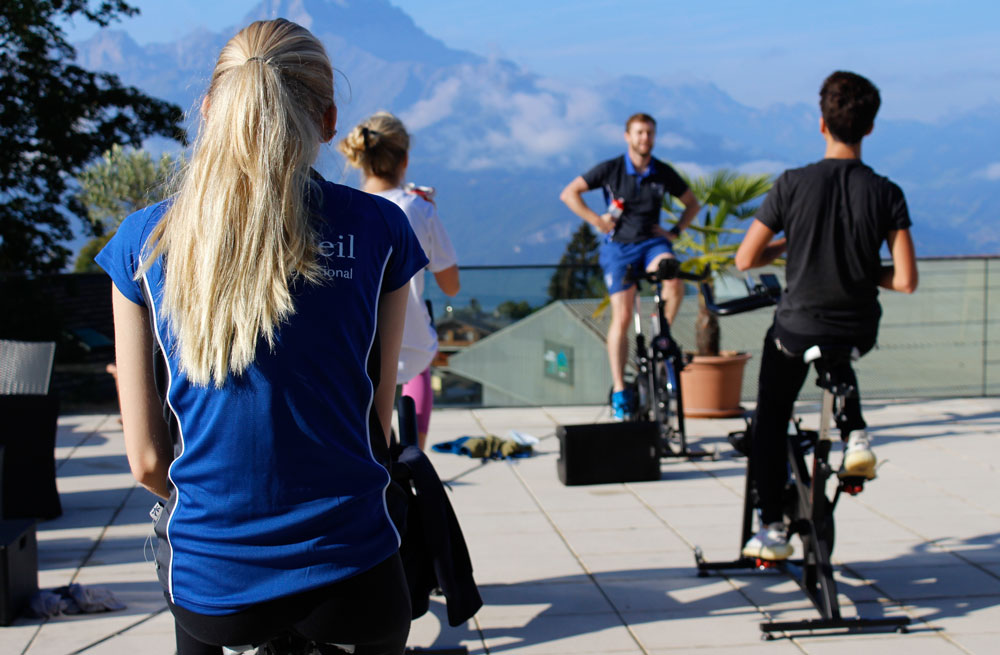
A report released last month by UNICEF warns that children and young people could feel the impact of Covid-19 on their mental health and well-being for many years to come. Is it just the tip of the mental health iceberg? Further data from UNICEF’s poll of 8,444 young people aged 13-29, found that 27% experienced anxiety and 15% depression.
Not addressing adolescent mental health conditions can lead to consequences extending into adulthood. But there are a range of activities we can do to help young people improve and look after their mental health such as reading, taking a bath, breathing exercises or meditation, and of course exercise.
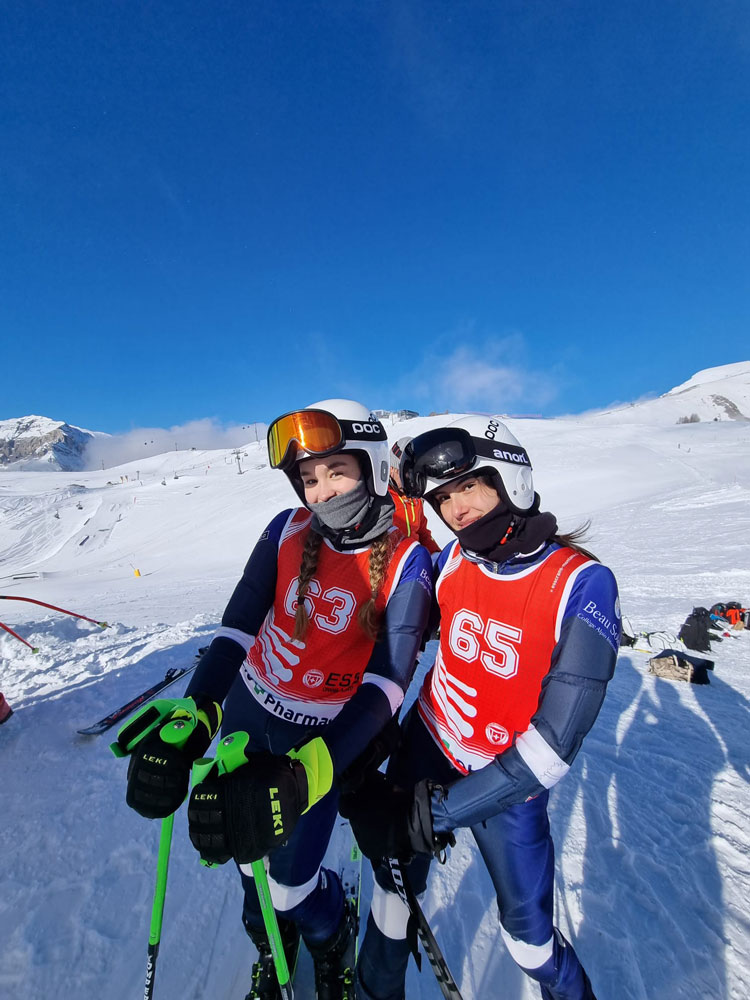
The benefits of exercise on physical health are wide-ranging, including improving physical fitness and strength, keeping in shape, and maintaining a stable weight. When we feel we are in good shape, we tend to feel more positive about ourselves and our abilities. Mood, outlook, and self-esteem all improve. And for young people self-esteem is key to their wellbeing, enabling them to cope better with stress, anxiety, and pressure so they’ll enjoy better social relationships, have a more positive outlook, and be more resilient to adversity.
And that’s not all! Exercise has incredible brain-changing effects too. The chemicals released during exercise, known as endorphins, trigger positive feelings making us feel happier and energised, helping to relieve stress, anxiety, and depression. In a time when mental health issues are increasing, the more we can encourage children to develop healthy exercising habits, the better. What’s more, scientific studies have also shown that exercise improves learning, memory, alertness and concentration. Surely, that’s what we want for every child?
For example, when we train with Beau Soleil’s ski team, students wake up early and start their day with 15 minutes of stretching and a gentle jog. They all eat a hearty, healthy breakfast and are ready to train hard all day outdoors on the mountain. One student said, ‘If I woke up on school days and exercised, I’d be more awake during the first lesson and concentrate far better.’ He’s hit the nail on the head.
The good news is young people don’t have to put in elite athlete level performances to reap the benefits; any exercise is better than none. Wendy Suzuki, a neuroscientist and global expert on neuroplasticity at New York University, said, ‘Even a single workout can have cathartic effects on your brain and cognition.’ It’s well-worth watching her TED Talk to find out more.
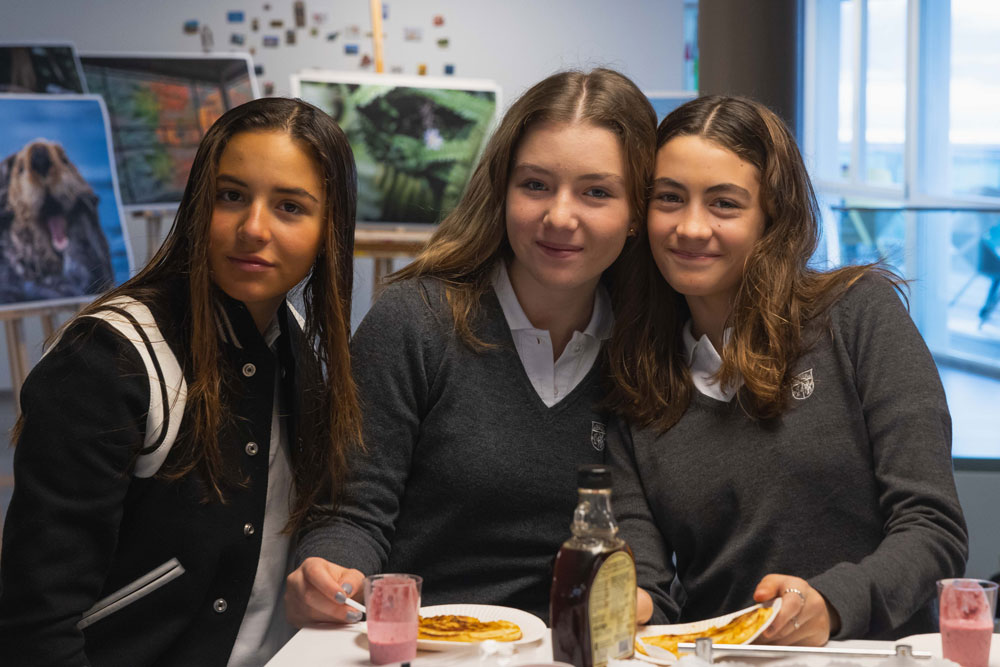
So what can parents do to encourage children to be more active and reap the benefits of exercise? Here are some ideas to inspire you:
- Using health apps to track daily steps can encourage and motivate children to stay active.
- Before school, try squeezing in 10 minutes of light exercise with your child. It could be stretching or a simple yoga routine.
- Consider walking or cycling to school if this is an option.
- Encourage children to take a five-minute break after every 25 minutes of study and to get a little movement in, perhaps a brisk walk, stretches or even star jumps for younger kids.
- Try encouraging your child to do some chores! Yes, these count too and are a great way to develop responsibility, helpfulness, and kindness, while also getting moving.
By Marie Williams Cozzarolo, Wellbeing Leader at College Alpin Beau Soleil

